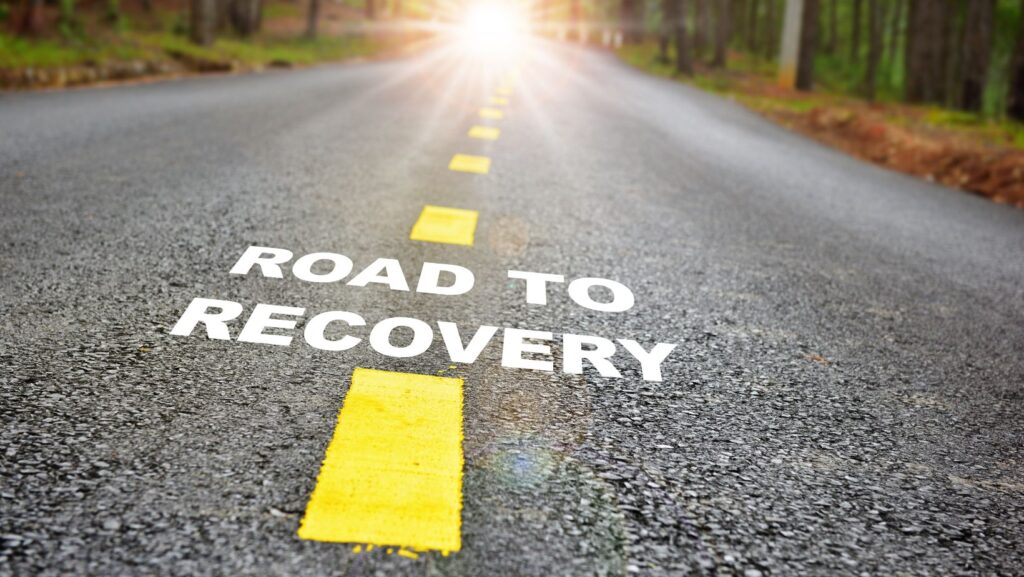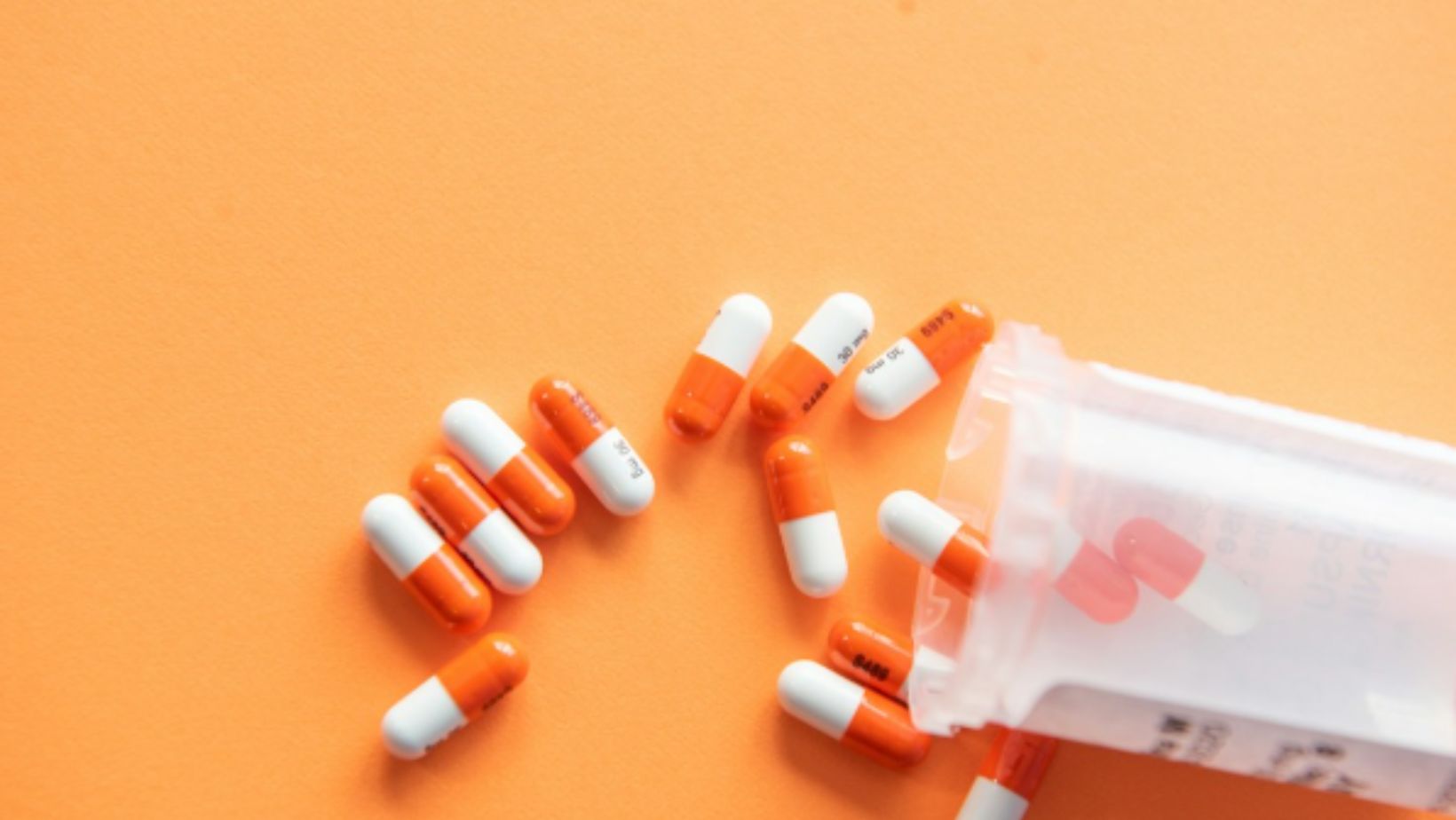The world of medicine is continuously revolutionizing, and these innovations have significantly impacted the field of substance abuse treatment. These advancements are playing a crucial role in combating addiction, giving new hope to those struggling with substance dependence. One particular area demonstrating potential is the development of prescription medications to counteract addiction. Below, we discuss these advancements in detail.
Progressive Medicine: Emerging Techniques in Addiction Recovery
Medicine in the realm of addiction recovery is constantly evolving. The recent integration of pharmacological therapy into treatment plans presents a novel approach to tackling addiction’s complex issues. This strategy involves using prescription drugs as a tool in addiction recovery, a technique designed to relieve withdrawal symptoms and manage cravings.
The effectiveness of this approach lies in its flexibility. Different drugs work in various ways and can be used to treat different kinds of substance abuse. This opens the door to personalized treatment plans tailored to the individual needs of each patient. This personalized approach, supported by rigorous scientific study, is an exciting development in the field of addiction treatment.
Moreover, the progressive nature of medication in addiction recovery can not be understated. Scientists are consistently researching and discovering new drugs that can aid in addiction recovery. This iterative process ensures that the field remains dynamic, responsive, and capable of addressing the changing landscapes of drug dependency.
For example, universities now offer a pharmacoeconomics masters program. This course highlights the importance and emerging role of prescription drugs in supporting the recovery process.
Medicinal Innovations Transforming the Field of Substance Abuse Treatments
The use of drugs to treat addictive disorders has shown promising results. Different types of drugs either offer symptomatic relief or help manage withdrawal symptoms for individuals trying to overcome addiction. Innovative medicinal approaches can help stabilize these individuals, allowing them a better chance at recovery.
Recent years have seen an increased use of medications like methadone and buprenorphine for opioid dependency. Such medications, known as opioid agonists, work by binding to the same brain receptors as heroin and prescription painkillers, suppressing withdrawal symptoms and reducing cravings.
Naltrexone, an opioid antagonist, is another medical breakthrough in the field. It works differently by blocking the effects of opioids and alcohol at their receptor sites. This diminishes the rewarding and pleasurable effects, discouraging further substance use.
With organizations such as scottsdaleazdetox.com now offering these options, it is evident that medicinal innovations are significantly reshaping the landscape of addiction treatment.
The Role of Prescription Medications in Counteracting Addiction
Prescription medications play a pivotal role in helping individuals recover from substance abuse. These drugs, when used appropriately, can help manage withdrawal symptoms, reduce cravings, and restore normal brain functions.
They also help to decrease the risks associated with withdrawal, which can be potentially serious, even life-threatening, in some cases. This makes the process safer and increases the survivorship rate among individuals working on recovery.
Prescription medications can also play a role in preventing potential relapses. By helping to address the physiological aspects of substance dependency, these medications can help those in recovery to maintain abstinence.
In essence, prescription medicines are not a standalone solution but rather a powerful tool that can be integrated into a comprehensive treatment plan that includes counseling, social support, lifestyle changes, and other non-pharmaceutical interventions.
New Pharmaceutical Breakthroughs: Key to Effective Substance Dependence Treatment
The continuous evolution of medical science has given rise to new pharmaceutical breakthroughs, which have proven to be vital in treating substance dependence. These medicinal interventions have transformed the face of addiction recovery, offering hope where once there was little.
These newer pharmaceuticals hold the promise for better management of withdrawal symptoms, a greater reduction in cravings, and an improved chance for long-term recovery. The expanding knowledge about addictive disorders and the ways to tackle them is, in large part, thanks to these breakthroughs.
However, the work doesn’t stop with the advent of these drugs. Research is ongoing to discover more effective drugs with fewer side effects to improve the state of addiction treatment even further.
Ultimately, these pharmaceutical breakthroughs hold key potential and give hope to millions in their fight against addiction.
Case Studies: Positive Impacts of Medicinal Breakthroughs on Addiction Recovery
Case studies involving individuals who have benefitted from these medicinal advancements provide a real-world illustration of their beneficial impacts. They serve as profound evidence of the effectiveness of these therapies.
Stories of people recovering from severe heroin addiction with the help of methadone or buprenorphine treatments, or those who have managed to achieve abstinence from alcohol through naltrexone illustrate the significant potential of these approaches.
Such success stories not only bolster confidence in these treatments but also inspire those still struggling with addiction to consider these medicinal options as part of their recovery journey.
Notably, these case studies also underline the essential role that ongoing medical research and pharmaceutical development play in advancing the fight against addiction.
Altogether, the constant medical advancements and pharmaceutical breakthroughs have revolutionized the way addiction is treated. By focusing on pioneering prescription drug therapies, we can hope for more effective, individualized treatment plans for patients, significantly enhancing their chances for recovery.




More Stories
The Foraging Mindset That Beats Anxiety Disorders
Exploring Berberine as a Trusted Option for Health Support in the UK
When Self-Care Gets Lonely: Making Peace With Solo Healing Work